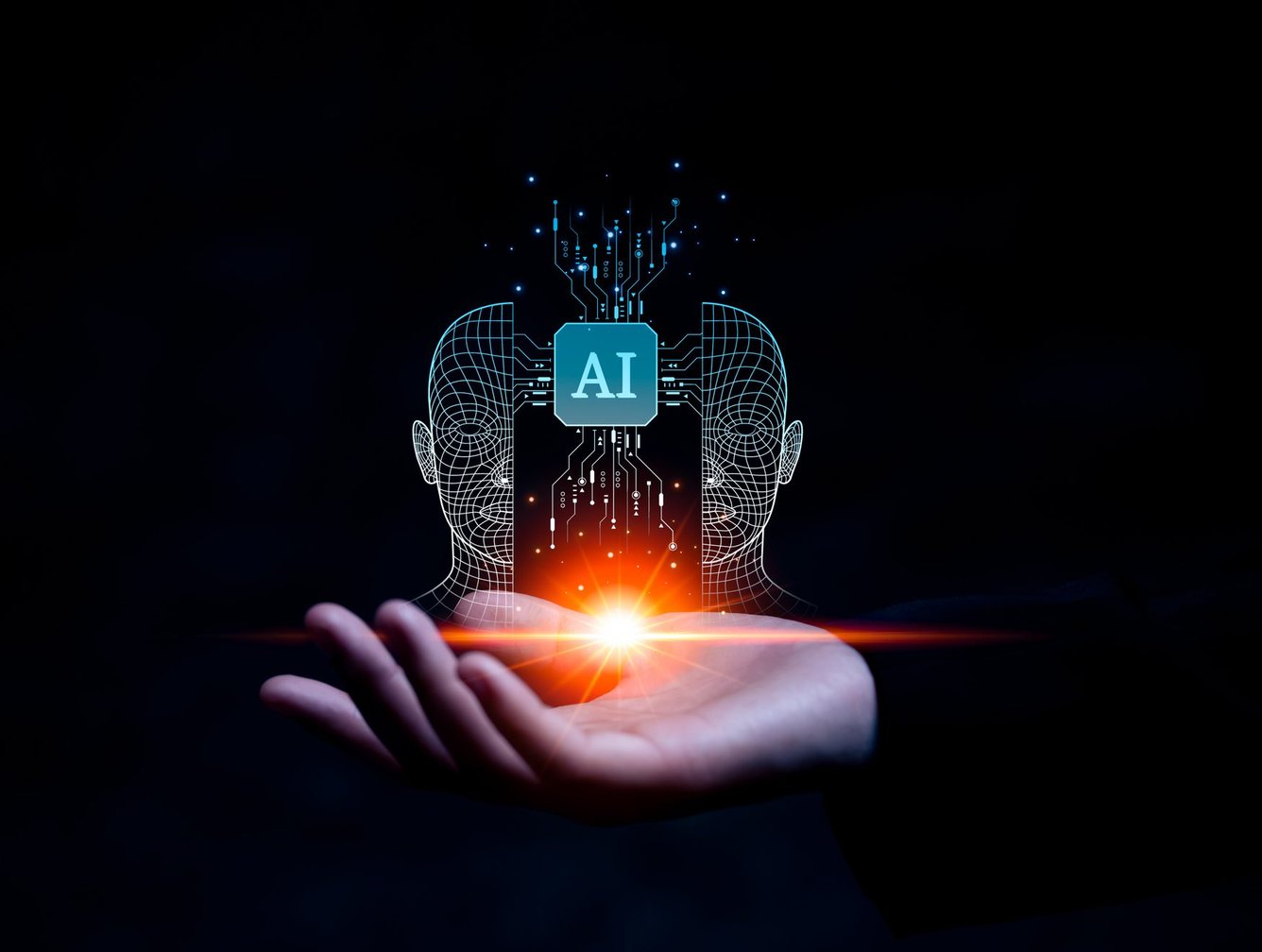Nowadays, the growth in technology is beyond than we expect and this huge demand in technology could resolve human challenges. Emerging technologies like AI and other fields could use be used for social good and several Hackathons are going on nowadays to find new ideas. According to WHO survey, there are 55 million people suffering from Dementia around the world. In this article, just focussing on how the impact of technology could help to overcome their situation for Alzheimer patient’s during their initial stages.
Let’s start with each devices on how they contribute to overcome the user’s situation.
- Mobile Phone App: An AI app which can be build easy for Dementia patients to boost their memory or events, stay bridge by engaging and connecting with families and friends. Recognise the face through AI, Machine Learning technologies. Speech to text, live chatbot support, generate images and to stay connected with caretaker. The Vision technology could be used to read the texts from camera for user’s with low eye vision. Say example, read newspaper through this feature. Live tracking of user location, in case if the patient moves out without noticing caretaker, an alert will be triggered to caretaker’s mobile when user moves out of saved radius.
2. Watch App: All Data’s related to health sensor will be notified with Caretaker’s mobile application. The datas include patient’s,
- Heart rate,
- Irregular rhythm,
- ECG – Electrical Heart sensor,
- Mobility and Cardio Fitness,
- and Fall detection.
BoundaryCare claims that they are the only app using the Apple Watch’s capabilities to alert and send other information to caregivers’ iPhones and their other devices. Many other teams have also started using the similar Apple’s capabilities.
3. AR Glasses: This device longed to develop and initiate the AR Glass support for Dementia patients.
- Security Alert Feature : example if there is any fire or physical work alert or threat found.
- Face detection : Pre-defined caretaker or son/daughter face detection
- Outdoor Support : Direction, time, temperature, street destination support.
4. Robotics: Robotics support to take care of patient during the absence of caretaker, gives advice and support whenever required. An absolute friend kind of bond, to make happy & won’t feel lonely or abandoned.
5. VR | AR | Mixed Reality Apps | VisionOS: This device believed to play a major role to support Alzheimer patient’s by,
- Memory booster tips and rooster practise.
- Live Camera with Object detection by pop view text tagging items on focus and speech support.
- Live camera can be used to detect the human images, identify the relationship or their name through their face by pre-defined models.
- Mixed Reality can additionally show information such as distances of items, color, height, weight etc.
- Food items identification with more details explaining out to patients like their ingredients and cooking methods, uses and health factors.
- Medicinal time alerts and reminders, medicine box finder assistance and alarm if risk of overdose or mismatch to the patient’s prescription.
Summary: However, these technologies may not have effect on a 3rd level stage patient and truly have to depend on medicines, even its having less effect. There are some adverse effects which is common for all types of users those who use for long time. The body make more effort to adopt to virtual world when user tries to interact for long time, may lead to fatigue. The enhancement can be developed with AI, Machine Learning, Deep Learning, AR, VR, Vision and other supportive frameworks. There are several competitions going on to come up with new technologies to help Alzheimer like Longitudinal Prize for Dementia is a £4.42 million prize funded by British Alzheimer’s society and other organisations. Latest update in 2024, research is going on by Elon Musk’s Neuralink brain chip could help neurological conditions. This could be a social good application and hoping that this could save or help Dementia patient’s to overcome their current life situations.
Data Privacy: The apps should be designed considering privacy of user’s health data. The patient’s health data should not shared with App admin or development team, but its shared only with caretaker’s devices or concerned health practitioners to take care of when necessary and give support to patient.











